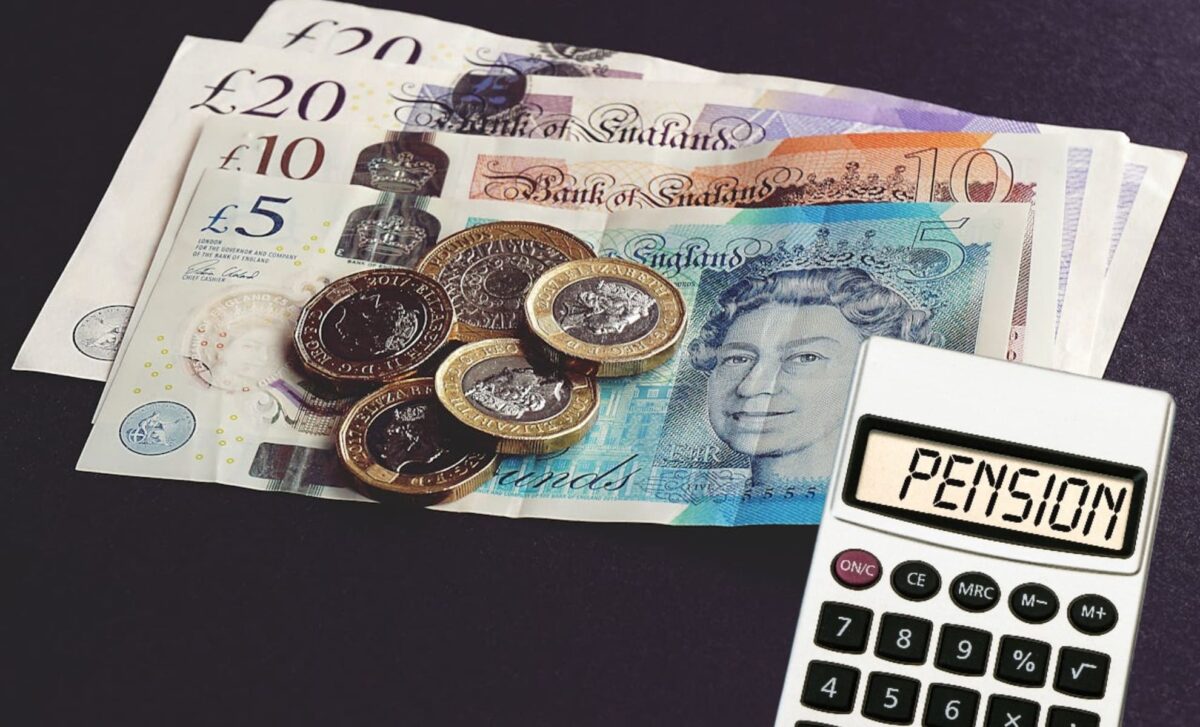For survivors who might be eligible for additional benefits or payments from their deceased partner’s contributions, it is essential to comprehend the State Pension inheritance regulations. Here’s a look at the system’s features and how it might support bereaved families.
What Happens to State Pension Payments After a Death?
The State Pension, which is managed by the Department for Work and Pensions (DWP), provides a regular income to people who have reached retirement age and contributed to National Insurance. But a person’s State Pension payments continue after they pass away. Depending on the deceased’s National Insurance contributions and the laws governing inheritance, the surviving spouse or civil partner may be entitled to additional benefits.
It’s important for families to notify the Pension Service immediately after the death so that payments stop. Beyond halting payments, there are specific guidelines for inheriting benefits from a deceased person’s State Pension. These can vary significantly depending on the type of pension the deceased was receiving and whether they had deferred their payments.
There are 3.4 million people claiming the New State Pension, receiving payments of up to £221.20 each week, or £884.80 per pay period. Most claimants receive Basic State Pension payments of up to £169.50 each week, the equivalent of £648 per pay period.
What’s the Difference Between the Basic and New State Pension :
There are two types of State Pensions in the UK: the Basic State Pension and the New State Pension. The type someone receives depends on when they were born. Those born before April 6, 1951 (men) and April 6, 1953 (women) receive the Basic type, while those born after these dates qualify for the New type.
For Basic State Pension recipients, survivors may be entitled to an increase in their own pension by inheriting some of the deceased’s qualifying years, provided the deceased reached State Pension age before April 6, 2016. In cases where the surviving spouse or civil partner is under State Pension age, the UK Government’s bereavement benefits could provide additional support.
For New State Pension recipients, surviving partners may inherit additional payments. However, the entitlement is restricted if the survivor remarries or enters a new civil partnership before reaching State Pension age. The inheritance rules also extend to those who were married or in a civil partnership before April 6, 2016, with specific provisions for inheriting an additional State Pension or protected payment. The eligibility can be checked in the UK Government website.
Special Considerations: Deferred and Additional Payments
In order to keep working, pensioners may postpone filing for their State Pension, which may lead to higher payouts when they do. The surviving spouse or civil partner may be eligible to inherit this additional amount in addition to any lump sum if the deceased had postponed their State Pension.
Additionally, the surviving spouse or civil partner may inherit all or a portion of the top-up for individuals who have increased their State Pension. Depending on the specific circumstances of the deceased, this can greatly increase the amount inherited.
For people who are single, divorced, or have had their civil partnership dissolved, there may be other avenues to claim the Basic State Pension. If the person had died after reaching State Pension age but had not yet claimed their pension, the deceased’s estate could claim up to three months of Basic State Pension.










My husband died in Feb 2018 aged 53. He paid 32 years of NI and I was told I get nothing of his contributions or widows pension. I feel this is wrong